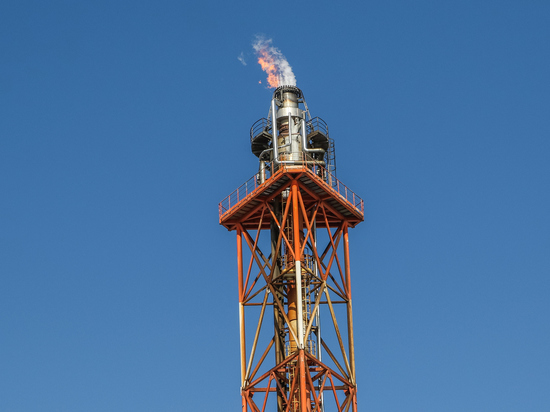The Poles are not going to pay Moscow's debts
Daniel Obaitek, head of the Polish energy concern Orlen, intends to demand compensation from Russia for cutting off oil supplies from our country. Fuel pipes through the territory of a neighboring state were twisted a few days ago. From a political point of view, Warsaw's demarche looks natural: Poland has long insisted on a complete renunciation of energy imports from Russian suppliers. But the question remains: how much can Poland expect financially as a result of litigation with Moscow?

The energy conflict between Russia and Poland flares up every day. Moreover, it is Warsaw rather than Moscow that puts firewood in the fire. The latest attack by a member of the European Union was Obaitek's threat to demand compensation from the Russian side for the cessation of fuel supplies, that is, indemnity for reducing the pumping of Russian oil, which until recently constituted at least a third of Polish energy consumption. “The Russians stopped pumping oil to Poland. Now we are suing and making claims,” said the Polish top manager, without specifying the amount of possible compensation.
No one knows how much Poland will demand from Russia. According to the German TV channel Das Erste, at the end of 2022, Warsaw was the largest buyer of Russian oil in Europe. Moreover, Orlen submitted an application to Transneft for pumping at least 3 million raw materials through Druzhba in 2023 in order to pre-book transport capacities for the transit of West Siberian hydrocarbons to the European market. Now Poland is determined to lay the blame on the Russian side, ignoring the fact that it itself insisted on maintaining energy cooperation.
As Russian experts admit, there are legal conflicts that allow the Poles to count on a positive verdict. Formally, the Russian supplier of raw materials, which, in turn, is indebted to the final buyers of raw materials from Warsaw, apparently does not pay the transport structures. True, our mining company has a completely objective justification — Orlen did not agree on the volume of deliveries, and the absence of such a document can serve as a pretext for accusations of violating a whole host of technical and financial instructions.
At the same time, the Poles are most likely using the suspension of oil supplies from our country and potential legal proceedings in this regard to increase political pressure on Moscow. According to Igor Yushkov, an expert at the National Energy Security Fund, Poland has long called for stopping imports via the Druzhba pipeline, enshrining this doctrine in one of the sanctions packages. It was clear in advance that Warsaw would try to make the most of any development of the situation and would do everything possible to present Russia as an extremely unreliable fuel supplier. If, nevertheless, the matter comes to arbitration, then the Polish side is more likely to present the suspension of supplies from our country as a force majeure.
True, exactly the same accusations may follow from the Russian defendants. In fact, Orlen is going to receive compensation for the supplies of energy resources that were reduced on their own, declaring themselves as the injured party. Whatever the fine, the Russians have long ago prepared an answer: if the client who promised to buy raw materials from the manufacturer is not ready to pay for the transportation of the cargo, then the blame should not automatically be shifted to the extractive industries. “This is a circumstance beyond the control of the company,” Yushkov notes.
At the same time, as BitRiver financial analyst Vladislav Antonov believes, Poland has already successfully won anti-Russian lawsuits in European arbitration courts more than once. Despite the fact that their own energy balance is actually completely closed by supplies from West Siberian fields, Warsaw continues to attack the Russian side in every possible way. “The aggravation of relations with Russia in the legal and informational plane seriously undermines the energy stability of Poland and other countries of the continent, one way or another continuing to buy Russian “black gold,” the expert believes and adds: “Europe will continue to remain heavily dependent on Russian hydrocarbons for many years to come, no matter how our enemies deny it.”

